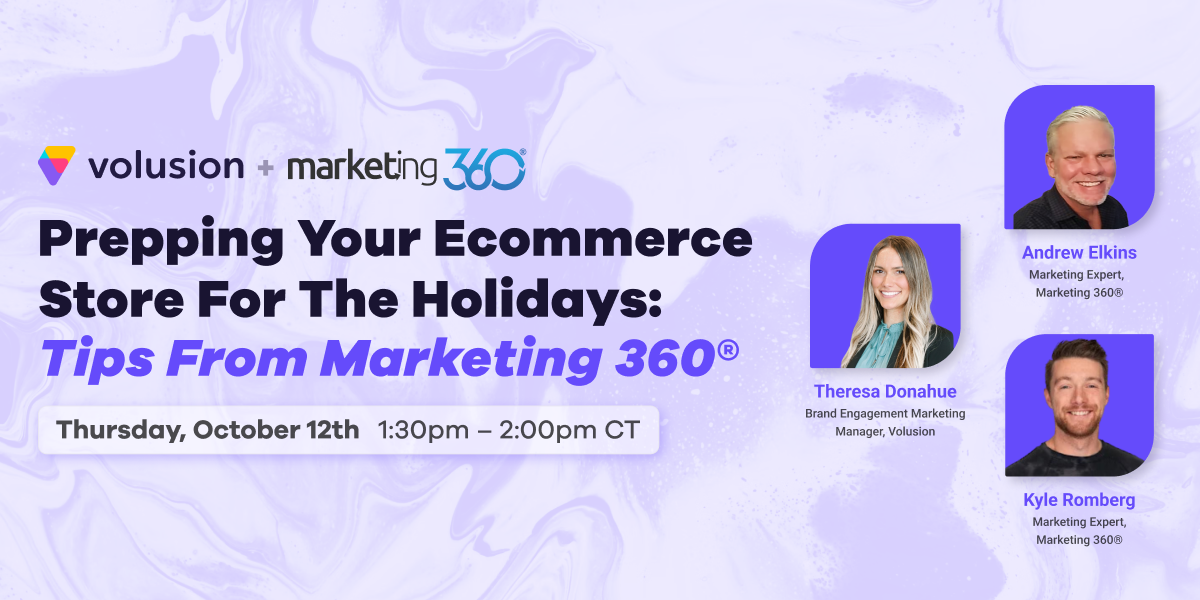
In the bustling world of e-commerce, shopping cart abandonment stands as a formidable challenge for businesses aiming to maximize their online revenue. It refers to the phenomenon where shoppers add items to their virtual carts but leave the website without completing the purchase. This prevalent issue can significantly dent a company's bottom line and thwart its growth aspirations. However, armed with insights into the reasons behind abandonment and effective strategies to combat it, e-commerce business owners can mitigate this problem and enhance their conversion rates.
The Whys Behind Abandoned Carts
Before delving into solutions, it's crucial to understand the underlying causes of shopping cart abandonment. Several factors contribute to this behavior:
- Unexpected Costs: High shipping fees or surprise taxes that appear at the checkout stage can deter customers from completing their purchases.
- Complicated Checkout Process: Lengthy or convoluted checkout processes, requiring too much information or involving multiple steps, can frustrate shoppers and prompt them to abandon their carts.
- Technical Glitches: Website errors, crashes, or slow loading times can disrupt the shopping experience and lead to abandonment.
- Lack of Trust: Concerns regarding the security of payment information or doubts about the reliability of the website can erode trust and drive customers away.
- Comparison Shopping: Many shoppers use their carts as a means of comparing prices or products across different platforms, intending to return later to finalize their purchase elsewhere.
Strategies to Combat Shopping Cart Abandonment
To mitigate the impact of shopping cart abandonment and improve conversion rates, e-commerce businesses can implement various strategies:
- Transparent Pricing: Clearly display all costs associated with the purchase upfront, including tax information and shipping fees. Offering free shipping or providing incentives for reaching a certain spending threshold can also encourage customers to complete their transactions.
- Streamlined Checkout Process: Simplify the checkout process by minimizing the number of steps required and enabling guest checkout options. Volusion's Premium Checkout feature is a simple, linear checkout process with a clean design that encourages customers to complete their purchases quickly and with ease. Implementing autofill features for forms and offering multiple payment methods through a technology-first infrastructure like Volusion Payments Powered by Stripe, can further expedite the process and reduce friction.
- Optimize Website Performance: Regularly monitor and optimize website performance to ensure fast loading times and seamless navigation. Address any technical issues promptly to minimize disruptions and enhance the overall user experience.
- Build Trust and Credibility: Display trust badges, security certifications, and customer testimonials prominently on the website to reassure shoppers of the security and reliability of their transactions. Implementing a transparent and hassle-free return policy can also instill confidence in potential buyers.
- Retargeting Campaigns: Utilize retargeting strategies to re-engage with customers who have abandoned their carts. Implement personalized email reminders, offering discounts or incentives to encourage them to complete their purchase.
- Implement Exit-Intent Pop-ups: Use exit-intent pop-ups strategically to capture the attention of users who are about to leave the website. Offer them exclusive deals or discounts in exchange for their email addresses, allowing you to follow up with them later.
- Provide Live Chat Support: Offer real-time assistance to customers through live chat support, addressing any concerns or queries they may have during the shopping process. This personalized approach can help alleviate doubts and increase trust in your brand.
- Optimize Mobile Experience: With the increasing prevalence of mobile shopping, it's essential to optimize your website for mobile devices. Ensure that your website is mobile-responsive and provides a seamless shopping experience across different devices and screen sizes.
Conclusion
Shopping cart abandonment poses a significant challenge for e-commerce businesses, but it's not insurmountable. By understanding the reasons behind abandonment and implementing effective strategies to address them, businesses can minimize lost opportunities and maximize their online revenue. From optimizing the checkout process to building trust and credibility with customers, every effort counts in reducing abandonment rates and driving conversions. By continuously refining their approach and embracing innovation, e-commerce enterprises can thrive in an increasingly competitive digital landscape.
To learn more about minimizing shopping cart abandonment and see how your website compares to your competitors, click here to sign up for a free website checkup with a Client Growth Specialist at Volusion.











